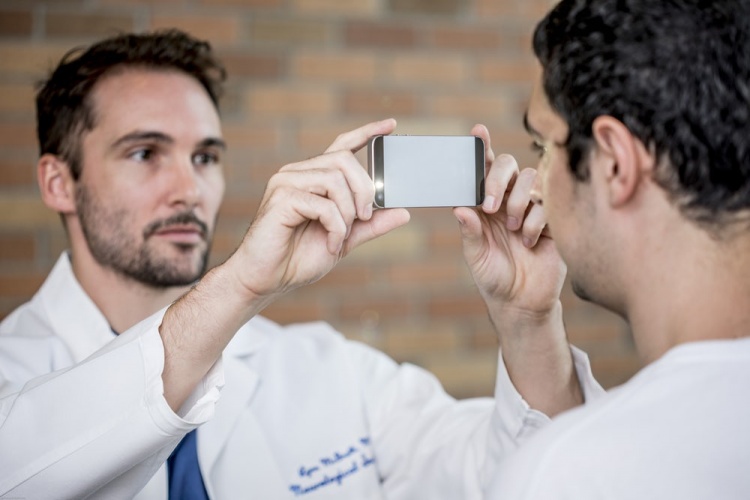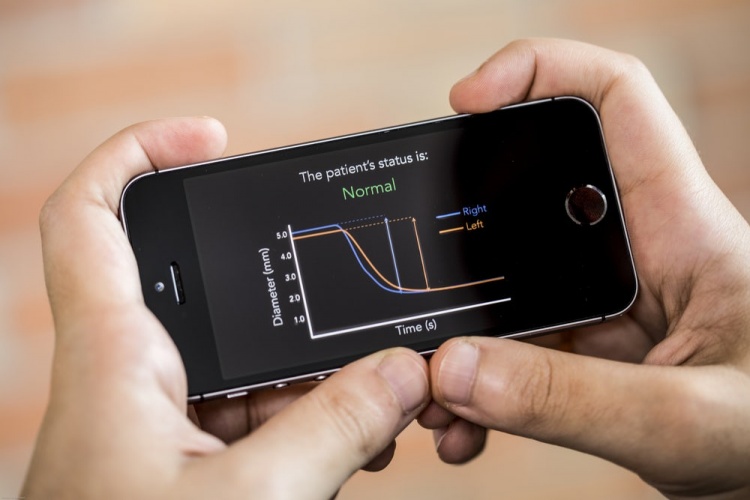
PupilScreen measures the changes in the eye’s response to light, similar to a penlight exam. But where a penlight exam checks for major brain injuries, PupilScreen can identify the more subtle changes associated with concussion, changes that are imperceptible to the human eye. The hope is that the technology can be used to more accurately determine concussions, particularly in sport, where around half of all cases are believed to go undiagnosed.
https://www.theengineer.co.uk/solving-one-of-sports-biggest-headaches/
“Having an objective measure that a coach or parent or anyone on the sidelines of a game could use to screen for concussion would truly be a game-changer,” said Shwetak Patel, Professor of Computer Science & Engineering and Electrical Engineering at the UW.
“Right now the best screening protocols we have are still subjective, and a player who really wants to get back on the field can find ways to game the system.”
According to the UW team, " target="_blank" rel="noopener">PupilScreen can assess a patient’s pupillary light reflex almost as well as a pupilometer, an expensive machine found only in hospitals. It uses the smartphone’s flash to stimulate the patient’s eyes while the camera records a three-second video. The video is then processed using deep learning algorithms that can determine which pixels belong to the pupil in each video frame and measure the changes in pupil size across those frames.
While the UW team initially tested PupilScreen with a 3D printed box to control the eye’s exposure to light, researchers are now training their machine learning neural network to produce similar results using just the smartphone camera on its own.

“The vision we’re shooting for is having someone simply hold the phone up and use the flash,” said lead author Alex Mariakakis, a doctoral student in the Paul G Allen School of Computer Science & Engineering.
“We want every parent, coach, caregiver or EMT who is concerned about a brain injury to be able to use it on the spot without needing extra hardware.”
The researchers are currently seeking partners interested in conducting additional field studies of the app, which they expect to begin in October.




Red Bull makes hydrogen fuel cell play with AVL
Formula 1 is an anachronistic anomaly where its only cutting edge is in engine development. The rules prohibit any real innovation and there would be...